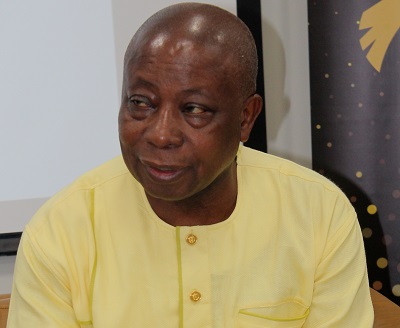
The government has indicated that the fight against the coronavirus pandemic has helped improve the country’s health systems and its focus going forward is to continue to invest in the sector.
Addressing the fourth edition of the Nation Building Update in Accra yesterday under the theme, “Protecting lives and livelihoods in the midst of crisis”, the Health Minister, Kwaku Agyeman-Manu noted that the strong leadership and commitment to Ghana’s COVID-19 response by President Akufo-Addo had seen health facilities in the country benefit immensely through the numerous investment in the sector.
He said, “our fight against the virus has seen heavy investment both from government and the private sector. On the side of government, there was an initial $100 million investment support declared by the President and subsequent commitment of more resources enabling the procurement of Personal Protective Equipment (PPE) and other supplies.
“We have also seen private sector-led initiatives notably the construction of Infectious Disease Centre here in Accra with plans to construct similar centres across the country.”
Detailing some of the benefits, the Director General of the Ghana Health Service, Dr Patrick Kuma-Aboagye noted that the improved bed capacity of major health facilities across the country and the provision of important health equipment such as ventilators and the expansion of regional isolation centres at key government interventions had helped the fight against the virus.
According to him, the establishment of two GeneXpert sites in the Cape Coast Teaching Hospital and Effia Nkwanta Hospital helped improve the country’s response to infectious diseases and would go a long way to address future outbreaks.
The Deputy Trade and Industry Minister, Mr Robert Ahomka-Lindsay recalled the disruption in the global supply chain and the resulting need to ramp up local production of PPE.
That, he said, had boosted the country’s production capacity and had helped the country gain foreign exchange in excess of $16 million.
He also noted that the local production of supplies such as nose masks and hospital gowns had also helped generate more than 10,000 jobs and helped lessen the country’s reliance on the importation of some of the items.







